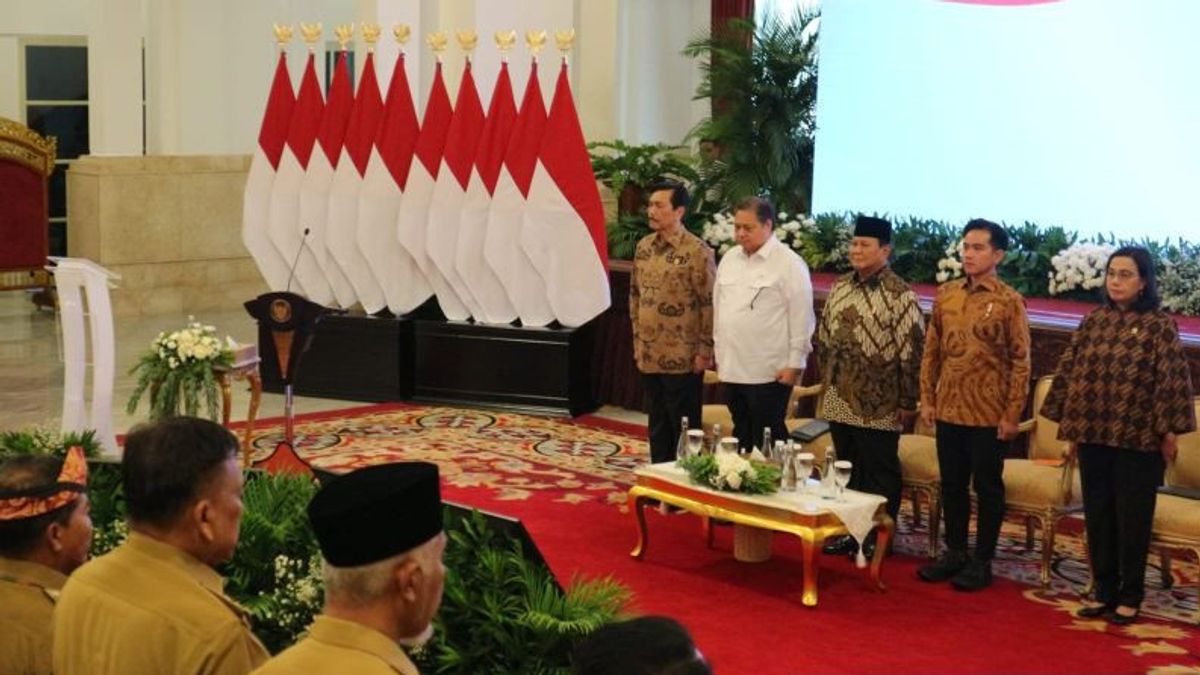Indonesia is poised to join Brazil and Congo as one of the few countries in the world capable of achieving full energy self-sufficiency. President Prabowo Subianto shared this ambitious vision during the 2025 Budget Implementation List (DIPA) submission and Transfer to Regions Allocation List (TKD) launch in Jakarta.
“Only three countries—Brazil, Congo, and Indonesia—will soon be 100% self-sufficient in energy due to their abundant plant-based resources,” stated Prabowo. This vision aligns with the government's ongoing efforts to harness natural resources, such as palm oil, for renewable energy production.
Harnessing Palm Oil for Renewable Energy
Palm oil is a cornerstone of Indonesia’s strategy for energy independence. Under the B35 program, 35% biodiesel from palm oil is blended with 65% diesel fuel. This program reduces reliance on fossil fuels while promoting environmentally friendly energy alternatives.
Beyond biofuels, Indonesia is also expanding its portfolio of renewable energy sources, such as solar, wind, and hydropower. This diversification is critical to meeting growing energy demands and mitigating the impacts of climate change.
A Comprehensive Strategy for Sustainability
Energy self-sufficiency is only one aspect of Indonesia’s broader sustainability agenda. President Prabowo emphasized the equal importance of food security, noting the need to optimize natural resources for dual purposes. By combining energy and food self-sufficiency, the government aims to bolster national resilience amid global uncertainties.
In addition to biofuels, Indonesia is accelerating the adoption of electric vehicles (EVs). This effort aligns with the government’s commitment to reducing greenhouse gas emissions and enhancing energy efficiency across sectors.
Global Implications of Indonesia’s Energy Independence
Indonesia’s progress toward energy self-sufficiency holds significant implications for global energy markets. By maximizing renewable resources, the country can reduce its dependency on imported energy, contributing to economic stability and environmental sustainability.
Moreover, Indonesia’s biofuel strategy could serve as a model for other nations seeking to balance economic growth with environmental conservation. With continued investment and innovation, the country is on track to solidify its position as a leader in renewable energy and sustainability.
Conclusion
Indonesia’s journey toward energy self-sufficiency showcases the transformative power of renewable energy and strategic planning. Through initiatives like the B35 program and increased EV adoption, the country is setting a benchmark for sustainable development. As President Prabowo highlighted, energy and food independence are not just goals but necessities in a rapidly changing world.
Read More






 Saturday, 31-01-26
Saturday, 31-01-26







